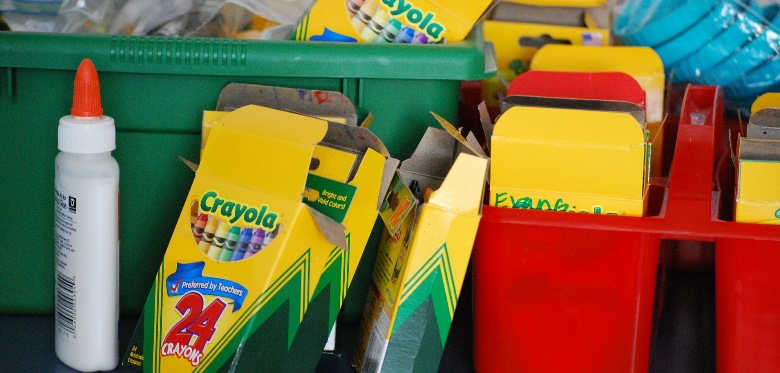Today (18 April 2016) is the National Offer Day for primary school places and parents across the country are finding out which school their four-year-old will be attending in September.
For those whose child is allocated their first or second choice school, this can be cause for celebration. Equally, however, where a child has been denied their first choice school, or has been allocated a place at a school which may have a less favourable reputation, thoughts quickly turn to 'what next?'
Mike Pemberton, a partner at Stephensons and specialist in education law, said: “Competition for primary school places is fierce and there is a real possibility that some children will not have been successful. There may be a secondary choice which is acceptable and results in a child meeting their full potential, but if not, my first piece of advice would be ‘don’t panic’.
“You have time to consider your options and seek advice if you need to. It may also be a good idea to preserve your position by accepting the place which has been offered while you pursue other options.
“Make sure that your child’s name is on the waiting list for any schools you applied for but did not get a place – this way if there are changes to the admissions list (e.g. another child elects to go elsewhere) then your child’s application will be considered in turn.
"Ask the school or Admissions Authority where your child is on the waiting list and consider whether you should ask about vacancies at schools which were not on your application form, while they may also be oversubscribed, some may not.”
A guide to appealing against your child's school allocation
- You have a right of appeal to the Admissions Authority and details will be on the relevant website for that authority
- The deadline for appealing has to be within 20 school days from the date of the decision
- The ability to appeal in respect of primary school places is more akin to a review than a full right of appeal and can be extremely difficult
- You will need to check that the admissions policy has been applied correctly so it is useful to obtain the admissions policy and ensure that it has been followed
- Legally, infant pupils cannot be taught in classes over the size of 30 per qualified teacher so it is important to determine the admission number for the school
- You will need to check whether the admission arrangements (the policy which is published) comply with the requirements in law including the School Admissions code of Practice 2014 and relevant parts of the School’s Standards and Framework Act 1998
- Finally, ask if the decision reasonable in a legal sense
- If you can show any of the above AND that has made a difference to the application, then an appeal panel will then go on to consider whether there is a permitted exception to the maximum class size of 30
- An appeal must be made in writing so make sure you do this in good time seeking advice on grounds to appeal if you need assistance.
- Will you need assistance or representation at the appeal hearing? If so it is a good idea to seek help as soon as possible.
- The admission authority for the school (usually the school itself or the local authority) must give you at least 10 school days notice before the hearing to confirm the date
- Appeals must be heard within 40 school days of the deadline for making an appeal
- At the hearing, an independent panel of usually three people will hear the case and the admission authority will explain why they turned down your application
- You’ll be able to give your own reasons why your child should be admitted
- The panel will send you and the admission authority their decision within five school days
Stephensons’ Education law team is able to assist and advise on issues of admission to schools and can be contacted on 01616 966 229.


